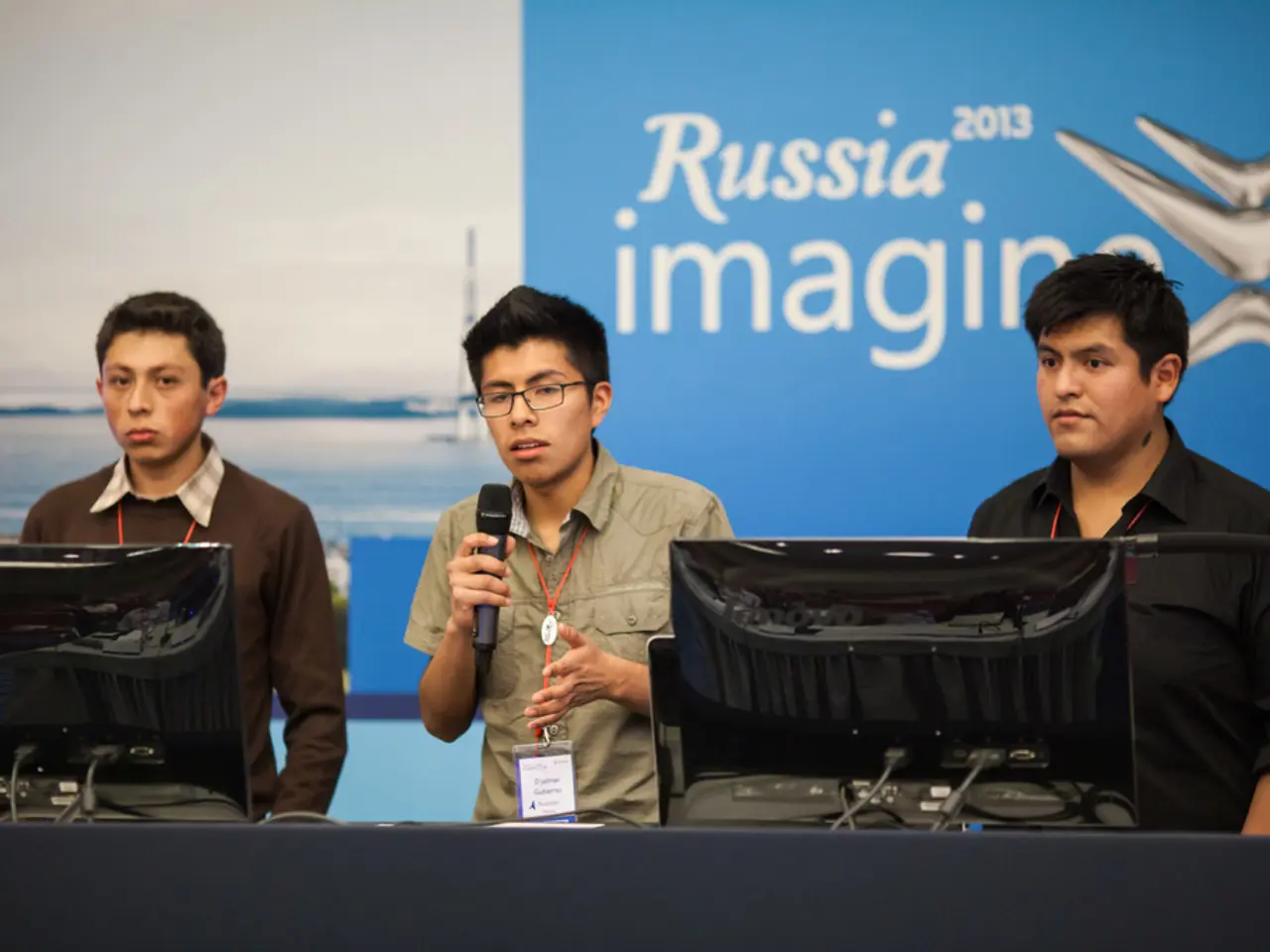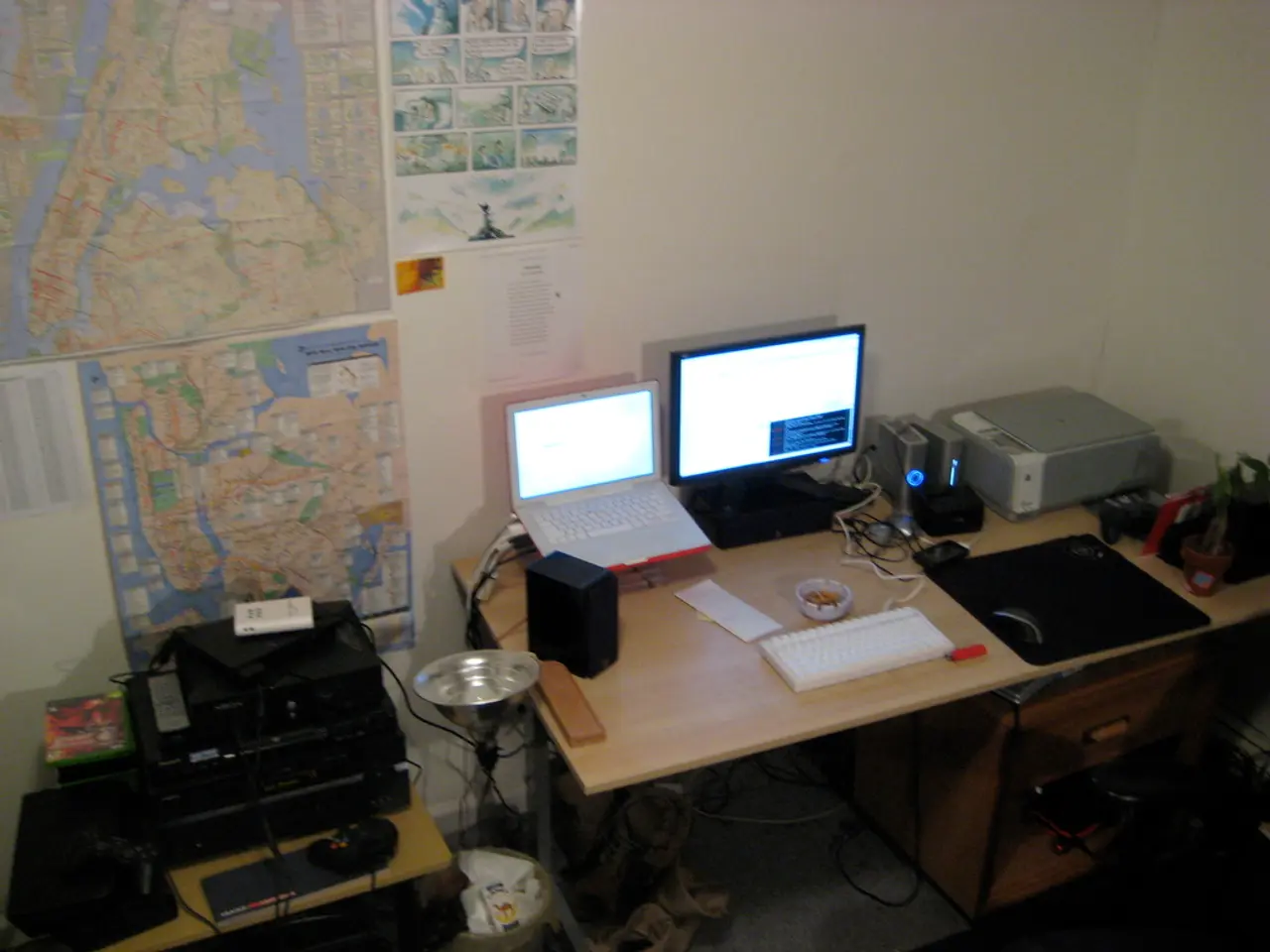Assignment: Radio Research Consortium Offers Assistance in Radio Studies
Radio Research Consortium Aims to Empower Non-Commercial Radio Stations
The Radio Research Consortium (RRC), a 501(c)(6) not-for-profit organisation, is dedicated to supporting non-commercial radio stations. Led by President and CEO Molly Davis, the RRC's mission is to help partner stations increase revenue, refine marketing and programming strategies, and deepen audience engagement.
To achieve this goal, the RRC partners with Nielsen and purchases audience data on behalf of its partner stations. This data is crucial for stations navigating the new reality following the passage of the rescission package. However, it's important to note that the RRC does not receive grants from the Corporation for Public Broadcasting (CPB). Instead, funding comes from stations and entities that sublicense the data.
The RRC operates in a highly fiscally-responsible manner, ensuring that every penny is used efficiently to benefit its partner stations. This approach aligns with Davis' commitment to helping stations understand their audience data, a key aspect of station success in today's media landscape.
In addition to its data services, the RRC is expanding its training and consultation offerings for partner stations. This includes workshops, webinars, and one-on-one consultations designed to help stations make the most of the data they receive.
The RRC also advocates for the continued funding of the CPB. While it does not receive grants from the CPB, the RRC recognises the importance of the CPB's role in supporting public media. The CPB provides vital support to public and community radio stations, particularly rural stations, and Tribal, Hispanic, and Black-owned stations.
It's worth noting that the RRC does not provide audience data directly to stations, but rather provides Nielsen audience estimates to subscribing partner stations. This approach ensures that all stations have access to accurate and reliable data, helping them to make informed decisions about their programming and marketing strategies.
In conclusion, the Radio Research Consortium is a valuable resource for non-commercial radio stations. By providing access to audience data, training, and consultation services, the RRC is helping its partner stations to thrive in a rapidly changing media landscape. Under the leadership of Molly Davis, the RRC continues to expand its offerings, ensuring that it remains a vital part of the non-commercial radio ecosystem.
The Radio Research Consortium (RRC) is considering leveraging technology to broadcast financial insights and business strategies to its partner stations, aiming to further boost their revenue and overall success. In the ongoing pursuit of empowering non-commercial radio stations, the RRC seeks to build strategic relationships with key players in the technology sector.




